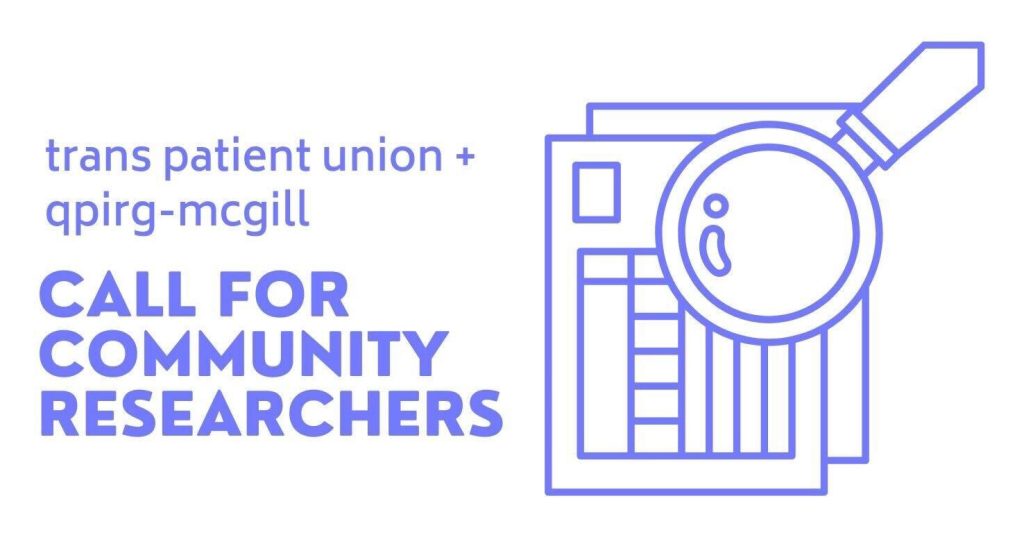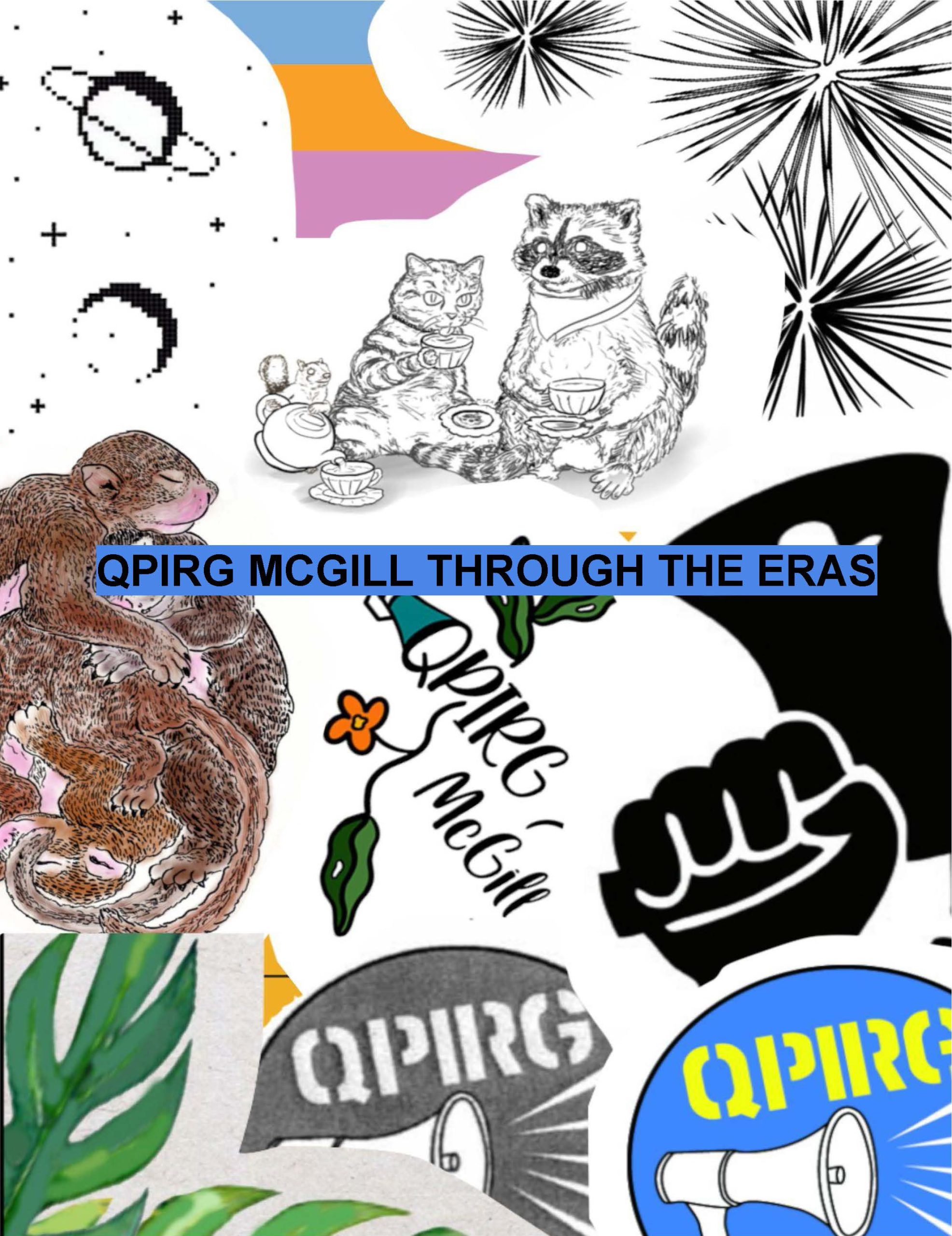Community Research
Getting Involved
QPIRG-McGill is always seeking students who are interested in doing action-oriented, social justice research, either as part of their studies or independently. We facilitate this research through the Community University Research Exchange (CURE).
CURE facilitates research collaborations between university students and grassroots community groups. The program was formed as a response to concrete research needs voiced by community groups lacking resources. Through CURE, we wish to channel the resources and privilege of the University towards groups working for social change, and to provide resources for students to perform relevant, action-oriented academic work.
Through the administrative infrastructures already in place at McGill, Concordia and UQAM, students may complete a CURE research project as an independent study course, internship, or thesis advised by a departmental professor, or as a term project for an upper-level class. By connecting students to non-profit community groups with limited resources, we hope to encourage and support academic research that is socially relevant.
CURE operates on the principle that the University is an institution which maintains systems of privilege and oppression around race, class, and neocolonialism. By redirecting resources to groups and individuals in need of theory, information, and the energy to supply them, CURE encourages students to acknowledge their institutional advantage, and convert it into a useful tool for political action.
To learn more or find out how you can get involved with the program, please contact our Community Research coordinator.
Ongoing Projects

Trans Patient Manual
QPIRG and the Trans Patients Union are developing a trans patient guide to help trans patients understand their rights and standards of care in Tio’tia:ke.
Are you knowledgeable about trans healthcare? Passionate about community research? We’re seeking volunteer researchers to help us develop the trans patient manual! Send us a short paragraph introducing yourself to carl@qpirgmcgill.org.
No formal research experience necessary. Estimated time commitment: 4-6 hours monthly.
Completed Projects

Let’s Eat McGill
In summer 2023, Let’s Eat McGill worked on researching the history of food organizing at McGill, the current policies and stakeholders in McGill’s food system, and alternative food systems in place at other Canadian universities. They also created a new website, http://letseatmcgill.com, to display their research and centralize information about the group.
On the website, our research is divided into three sections:
Powermapping and policies: what we know about the new AYCTE meal plan, describing the role of SHHS and Dana Hospitality (including clauses in their contract that we can exploit in our advocacy).
Food (in)security at McGill: synthesizing the data we have about satisfaction with food services at McGill, including both data collected by members of our group and data collected by McGill Food and Dining Services (obtained through ATI request).
Food Ecosystem at McGill: looking at past and present student-run stakeholders in McGill’s food system, and mapping the ways in which these stakeholders all interact.
Additionally, we created a document library to bring together all of the relevant documents we found about food organizing at McGill in a publicly accessible place. This can be useful to us when doing future research, or to other groups who may be interested in looking into this. Many of the documents included were obtained through ATI requests and aren’t publicly available elsewhere.
You can read their final report here.

Innovation ou extension de la répression? Perspectives des intervenant-es sur les escouades mixtes à Montréal
In summer 2023, we funded a research project, conducted by Ted Rutland and Karl Beaulieu, which studied the impact of mixed police squads, which are comprised of police officers and social workers.
You can read their final report here.

QPIRG-McGill Through the Eras
A group of graduate students in the Gender, Sexuality, Feminist, and Social Justice Studies (GSFS) program at McGill undertook a research project on the history of QPIRG-McGill for the GSFS 400 Capstone course in fall 2023, overseen by Dr. Alexandra Ketchum.
Rachel, Jess, Juliet, Jude and Rhiana developed an article on QPIRG-McGill’s history and social impact. They posed the question: “how did the QPIRG system evolve over its lifetime in Montreal, and how has this organization participated in and contributed to social movements/change in the province?”
The project divides QPIRG’s history into three significant eras:
- 1987-2002
- 2003-2012
- 2012-Present
Their research delves into over 40 years of archival materials on the origins of QPIRG, its most impactful initiatives, and significant moments in the PIRG’s history.
You can read their final research report as a pdf linked here.
